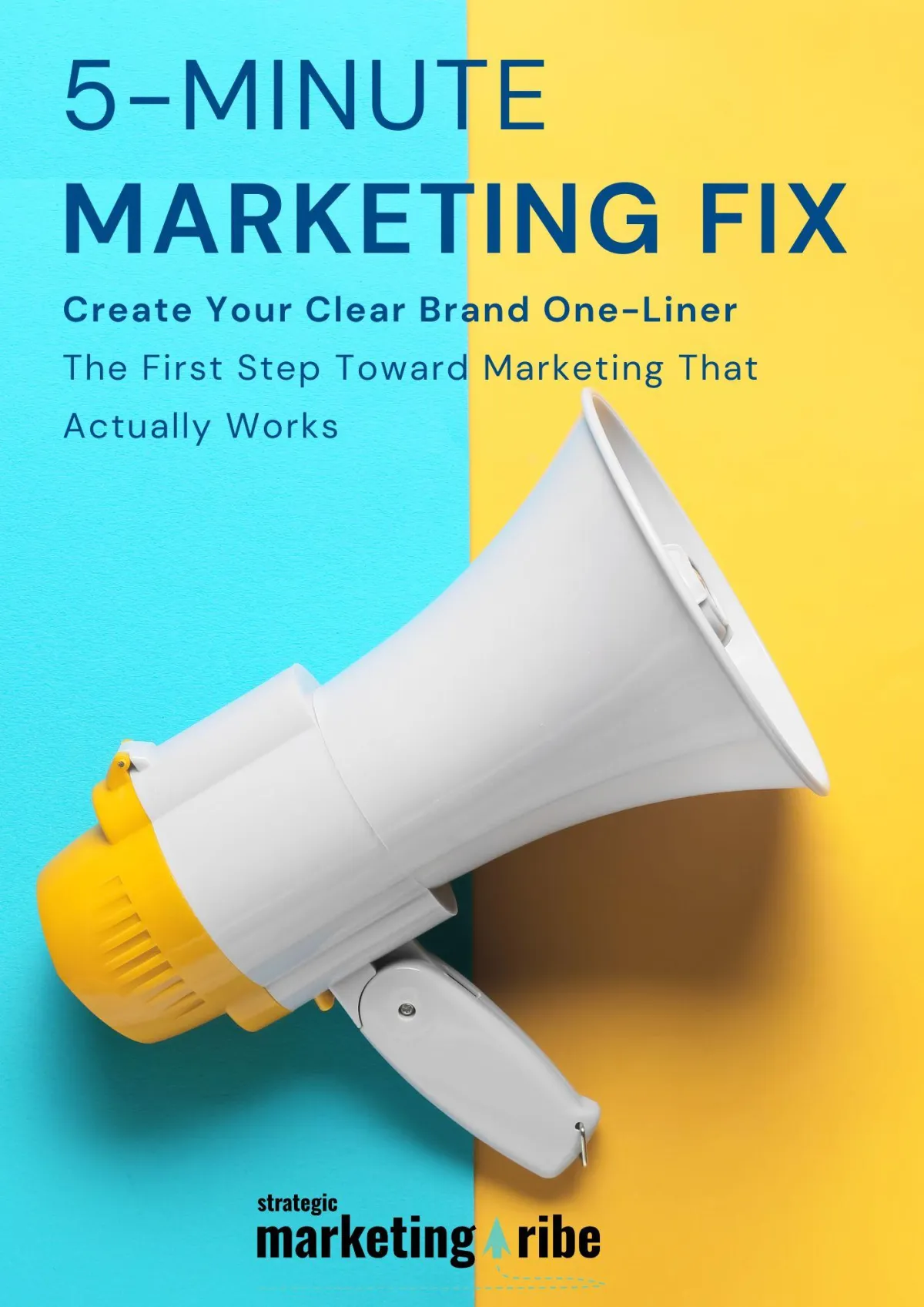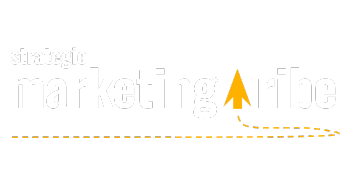STORY, MEET STRATEGY
Let’s make marketing feel less robotic and more real.
Find resources that bring your message—and your business—to life.

EU Slaps Apple and Meta with €700 Million DMA Fines—What Small Businesses Should Watch Next
By Vicky Sidler | Published 6 May 2025 at 12:00 GMT
The European Commission has pulled Apple and Meta over for speeding on the digital-highway and issued what amounts to a €700 million parking ticket—€500 million for Apple, €200 million for Meta—under the Digital Markets Act (DMA). Both tech giants were found in breach of the DMA’s fairness rules: Apple for blocking “steering” to cheaper payment options, Meta for forcing EU users into a “consent-or-pay” ads scheme that offered no real privacy choice.
What the Commission decided—and why
The DMA requires so-called gatekeepers to play fair with business users and consumers. Here’s a quick tour of each verdict before we discuss fallout:
Apple: steering crackdown
App developers must be free to tell customers about cheaper offers or external payment links. The Commission says Apple still buried or blocked those routes, limiting competition and consumer savings. Apple now has 60 days to strip away the roadblocks or face daily penalties.
Meta: data-choice dilemma
Gatekeepers must let users say “no” to cross-app data pooling without paying a fee or downgrading service quality. Meta’s binary “consent or €9.99/month for ad-free” model didn’t qualify. The EU wants an equivalent, less-data service at no extra cost.
These are the first formal non-compliance decisions issued under the year-old DMA, setting a tone for future enforcement.
Why small businesses should care
Big fines make headlines, but the ripple effects hit smaller players:
1. Cheaper in-app sales may finally fly
If Apple removes steering restrictions, developers could promote external checkout links or lower-fee web purchases inside iOS apps. Expect new pricing experiments—and potentially lower end-user costs that boost conversion rates.
2. Advertising costs could shuffle
Meta must build an ad experience that uses “less personal data” yet remains free for EU users. Ad-targeting granularity may dip, which could initially nudge CPMs up. Smart marketers will revisit audience segmentation and creative testing to keep ROAS steady.
3. More transparency, less lock-in
Both rulings push gatekeepers toward clearer pricing and easier platform switching. For small-business founders, that might mean better cross-platform SDKs, fewer hidden fees, and fresh distribution channels—all good news if you hate single-vendor dependency.
Three moves to test in Q2
As a StoryBrand Guide and Duct Tape Marketing Consultant, I focus on lean, measurable action:
Prep external-payment landing pages now: If Apple complies, be ready to steer iOS users to your own checkout page with a one-click flow and clear pricing. Track margin gains vs in-app purchase.
Diversify Meta audiences: Create parallel ad sets that rely on interest or contextual targeting instead of deep cross-app data. Benchmark CPA today so you’ll spot shifts the moment Meta’s new model rolls out.
Collect first-party data like it’s gold: Email capture, SMS opt-in, loyalty apps—owning the customer relationship insulates you from future platform rule changes (and fines you didn’t ask for).
Mind the parking meter
Today’s €700 million “parking ticket” is pocket-change to Big Tech, but the precedent is priceless: the EU is serious about forcing gatekeepers to open extra lanes for everyone else. Small businesses that anticipate those new lanes—cheaper checkouts, privacy-friendly ad options, richer cross-platform APIs—will cruise while slower rivals circle the block.
Remember that meter: the next time Apple or Meta overstays, the fine could be bigger—and the opportunity for nimble independents even larger.

Created with clarity (and coffee)







